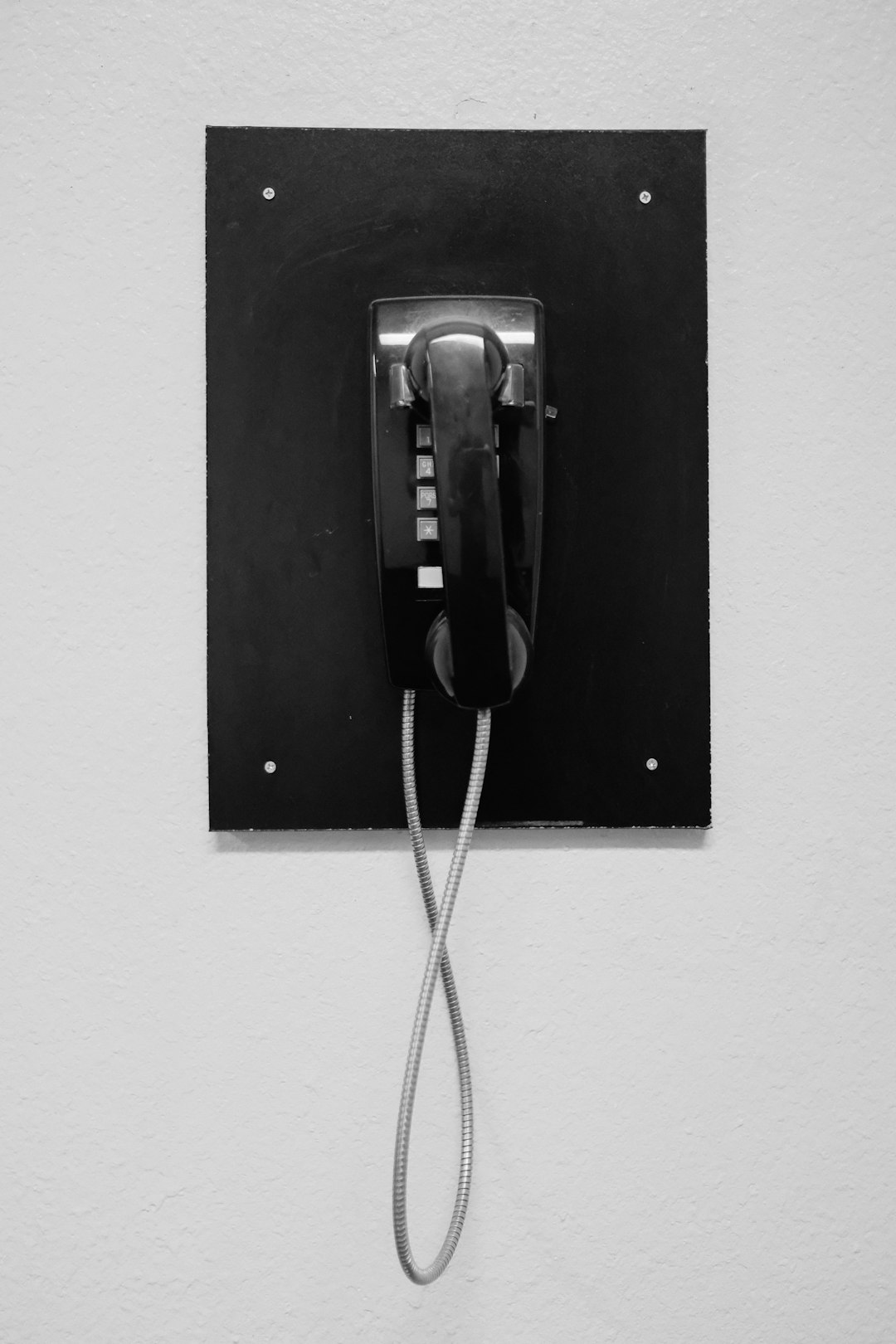In Delaware, particularly Newark, residents face robocalls from law firms promoting products. Strict spam call laws protect citizens, and identifying these calls is key to reporting them under state regulations. Document caller details, report spam to FTC (ftc.gov/complaint), and involve local police for persistent issues. Register with the National Do Not Call Registry and use blocking apps to combat robocalls effectively while staying informed about Delaware's spam call laws.
Tired of unwanted robocalls plaguing your Newark, Delaware, home? You’re not alone. Spam calls from law firms and others are a common nuisance. This guide equips you with the knowledge to combat these automated intrusions effectively.
Learn how to identify and document robocall activities, report them to the FTC, involve local Newark authorities, and take preventive measures to stop future spam calls. Understanding Delaware’s spam call laws is key to protecting your privacy and that of your community.
Understanding Robocalls and Spam Laws in Delaware

In the age of digital communication, robocalls have become a persistent nuisance, with many residents in Newark, Delaware, experiencing an influx of unwanted automated calls. These spam calls, often promoting various products or services, are not only disturbing but can also be illegal under Delaware’s strict spam call laws. The state has implemented regulations to protect its citizens from excessive and unsolicited telemarketing activities, ensuring that consumers have control over their phone lines.
Delaware’s spam call law firms are vigilant in enforcing these rules, tracking down businesses and individuals who violate the legislation. It’s crucial for Newark residents to understand their rights and the legal framework surrounding robocalls. By recognizing the patterns and characteristics of spam calls, Delawareans can take proactive measures to report and prevent such unwanted intrusions, ensuring a safer and more peaceful communication environment.
Identifying and Documenting Robocall Activities

Identifying and documenting robocall activities is a crucial step in reporting them effectively. When you receive a spam call, pay close attention to certain details that can help in the process of reporting. Note down the caller’s phone number, which often appears on your call display or can be obtained from call logs. Take note of any unique patterns, such as repeated calls from the same number within a short span, indicating an automated dialing system.
Additionally, documenting the nature of the call is essential. Many robocalls are from law firms or financial institutions promoting services or products. Listen to the message carefully and write down key details like the company name, specific marketing claims, and any requests for personal information or actions required on your part. These precise recordings and notes will serve as evidence when reporting these calls to relevant authorities, ensuring that you can adhere to Delaware’s spam call laws effectively.
Reporting Robocalls to the FTC (Federal Trade Commission)

If you’ve received a spam call from a law firm in Newark, Delaware, or anywhere else, reporting it to the FTC (Federal Trade Commission) is an important step in combating unwanted robocalls. The FTC has the authority to enforce the Telephone Consumer Protection Act (TCPA), which includes provisions against automated calls made without prior consent.
You can file a complaint with the FTC online at ftc.gov/complaint or by calling 1-877-FTC-HELP (1-877-382-4357). Providing detailed information, such as the caller’s phone number and the date and time of the call, will help the FTC investigate and take appropriate action against violators. Remember, each report contributes to a larger effort to protect consumers from spam calls, so don’t hesitate to voice your concern.
Engaging Local Law Enforcement in Newark, DE

If you’ve been plagued by unwanted robocalls, don’t hesitate to involve local law enforcement in Newark, Delaware. The first step is to gather evidence, such as notes on when and how often the calls come through, as well as any recordings or call logs that can be used as proof. Contacting the Newark Police Department or the New Castle County Sheriff’s Office is a crucial next step. These agencies have procedures in place for handling spam calls from law firms and other entities, and they can guide you on the best course of action.
Report the robocalls to them using any available channels, including online forms, email, or even visiting their station in person. They may advise you to register your number with the National Do Not Call Registry or provide information about local anti-spam initiatives. Engaging with these authorities not only helps protect yourself but also contributes to a larger effort to curb spam calls across Delaware.
Preventive Measures to Stop Future Robocalls

To mitigate future robocalls, it’s important to take proactive steps. First, register your number with the National Do Not Call Registry. This federal list restricts telemarketers from calling your number, significantly reducing unwanted calls. Additionally, install call-blocking apps or hardware filters specifically designed to block spam calls. Many modern smartphones have built-in features for this purpose, and dedicated devices are also available that filter out suspicious numbers before they reach your phone.
Moreover, be cautious when sharing your contact information online or at public events. Robocallers often obtain phone numbers through data breaches or scraping websites. Limiting where you share your number can reduce the risk of becoming a target. Additionally, stay informed about Delaware’s Spam Call laws, which enforce strict penalties for telemarketers who violate privacy and consumer rights. Engaging with reputable law firms specializing in these issues can also help protect your rights and ensure that offenders are held accountable.






